The Ingenious award scheme prioritises projects that reach diverse and underrepresented audiences, including communities in the most deprived neighbourhoods in England, Scotland, Wales, and Northern Ireland that engage with engineers and people of different genders, ages, and ethnic backgrounds. All projects and project teams should be based in the UK.
Apply now for funding between £3,000 to £30,000

Programme aims
The Ingenious awards programme aims to:
- inspire creative public engagement with engineering projects
- motivate engineers to share their stories, passion and expertise with wider audiences and develop their communication and engagement skills
- raise awareness of the diversity, nature and impact of engineering among people of all ages and backgrounds
- provide opportunities for engineers to engage with members of the public from groups currently underrepresented in engineering
Proposals are welcome from engineers, universities, science and engineering communicators and engagement professionals, colleges and schools. The Academy’s overarching goal for 2025 is to harness the power of engineering to build a sustainable society and an inclusive economy that works for everyone.
Join the webinar on Tuesday 4 July 11am-12pm to find out more
Meet the Public Engagement team and previous Ingenious awardees to learn about Ingenious and how the Academy can support your public engagement activity as part of the Ingenious programme Ingenious insights: Advice from awardees
How to apply
For more information on how to apply, please visit the website where you can find FAQs for the scheme.
This funding is subject to the same internal processes as external research funding. Before applying, interested PIs (Principle Investigators) should submit a completed e-ITB form (Intention to Bid) by 4 weeks before each deadline.
Contact
If you have any questions about your application or the online application system, please email the the Royal Academy of Engineering Public Engagement team at engagement@raeng.org.uk
Alternatively, if you would like advice on developing ideas or submitting your application, please contact Adam Morris (BU Engagement Officer) publicengagement@bournemouth.ac.uk



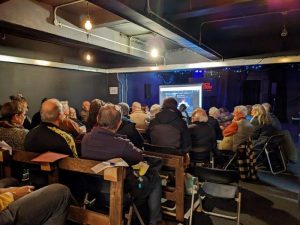 What activities can be included?
What activities can be included?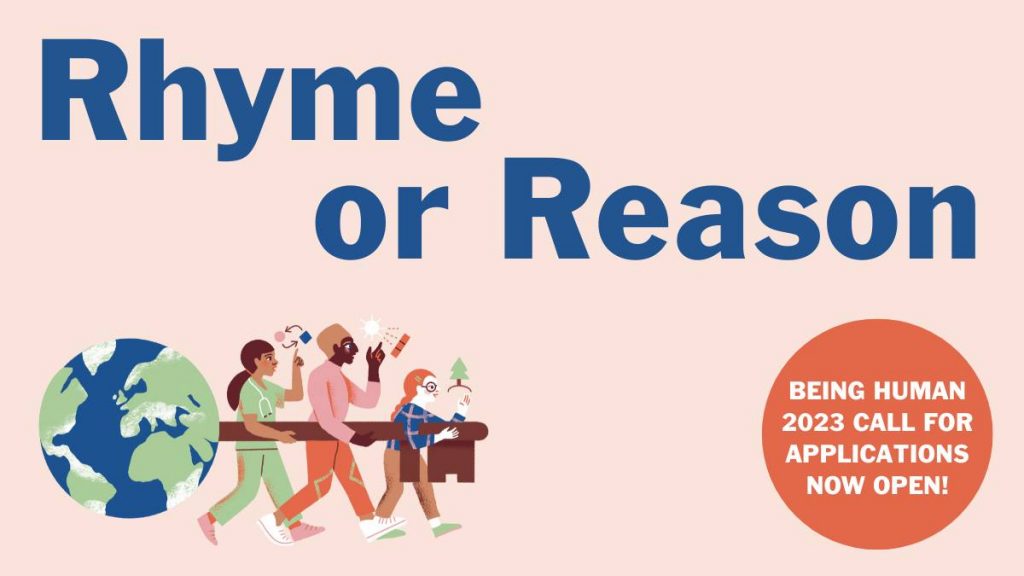
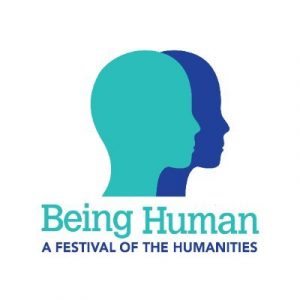 Pathways
Pathways 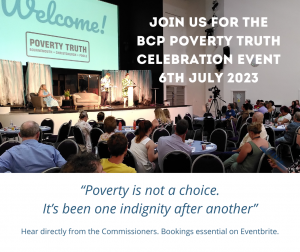

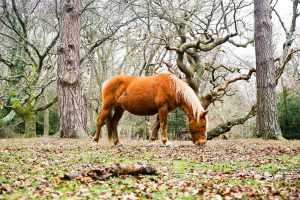 The New Forest is a beautiful and diverse landscape that has been around for centuries. It is home to ancient woodlands, heathlands, wetlands, and a traditional way of life. But it is also under threat from climate change and other factors that are killing its trees.
The New Forest is a beautiful and diverse landscape that has been around for centuries. It is home to ancient woodlands, heathlands, wetlands, and a traditional way of life. But it is also under threat from climate change and other factors that are killing its trees.

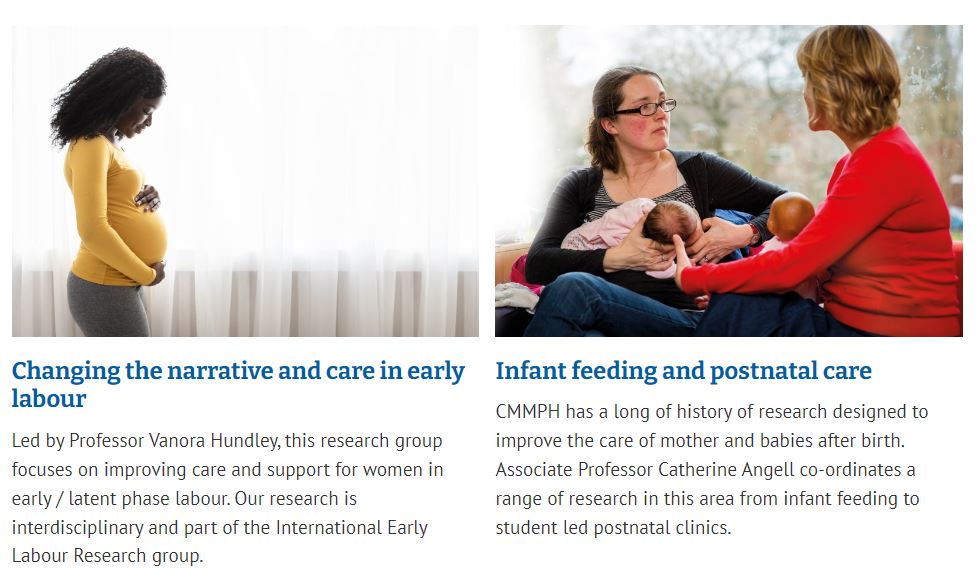
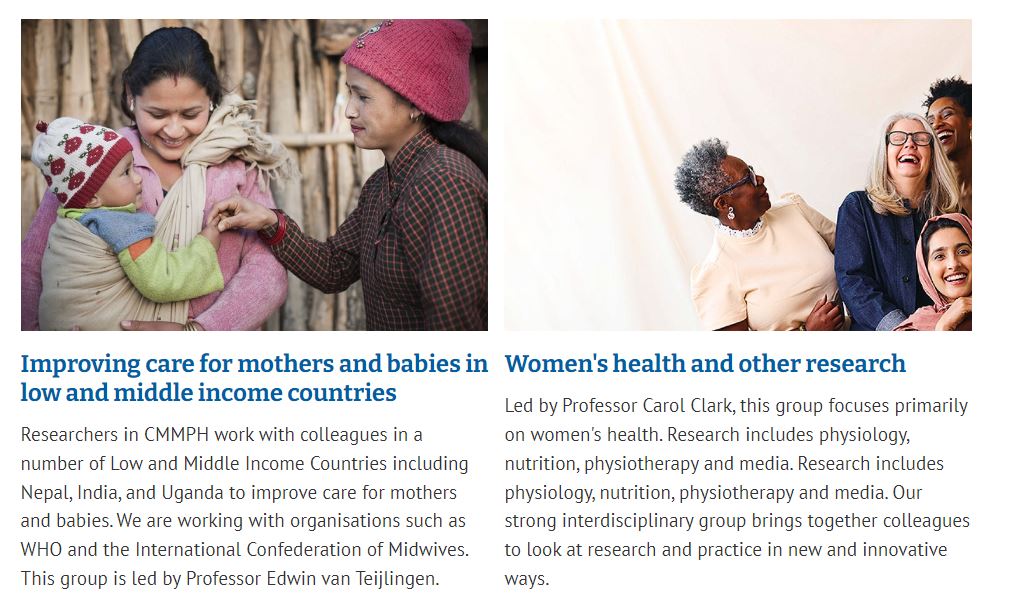
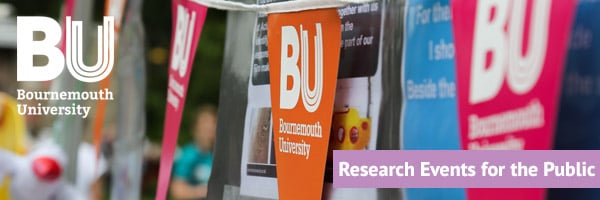

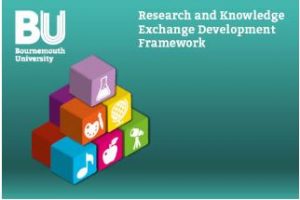
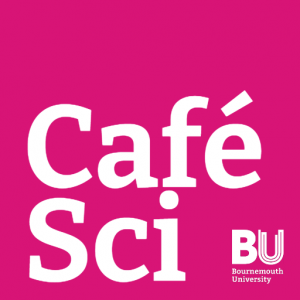
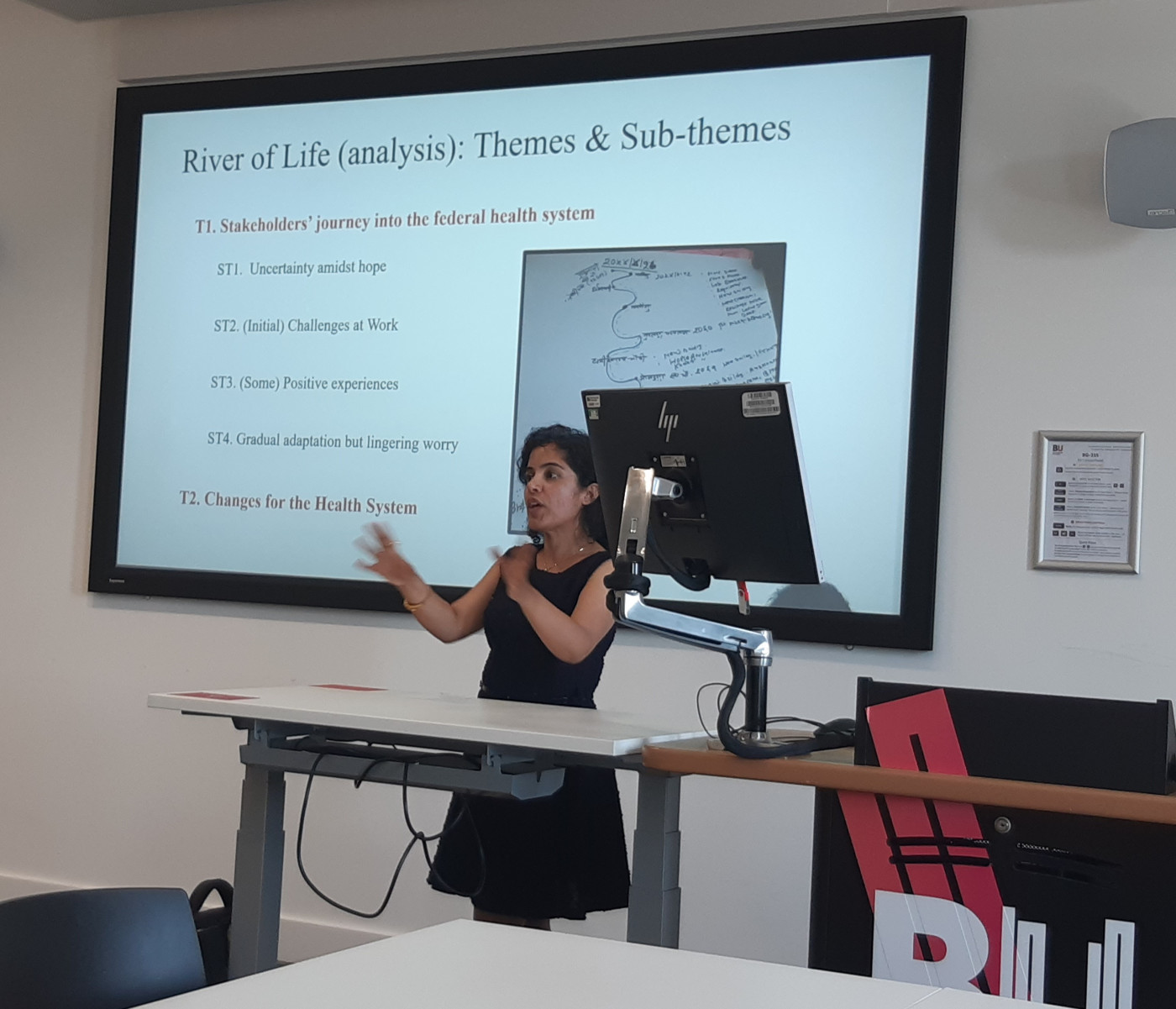

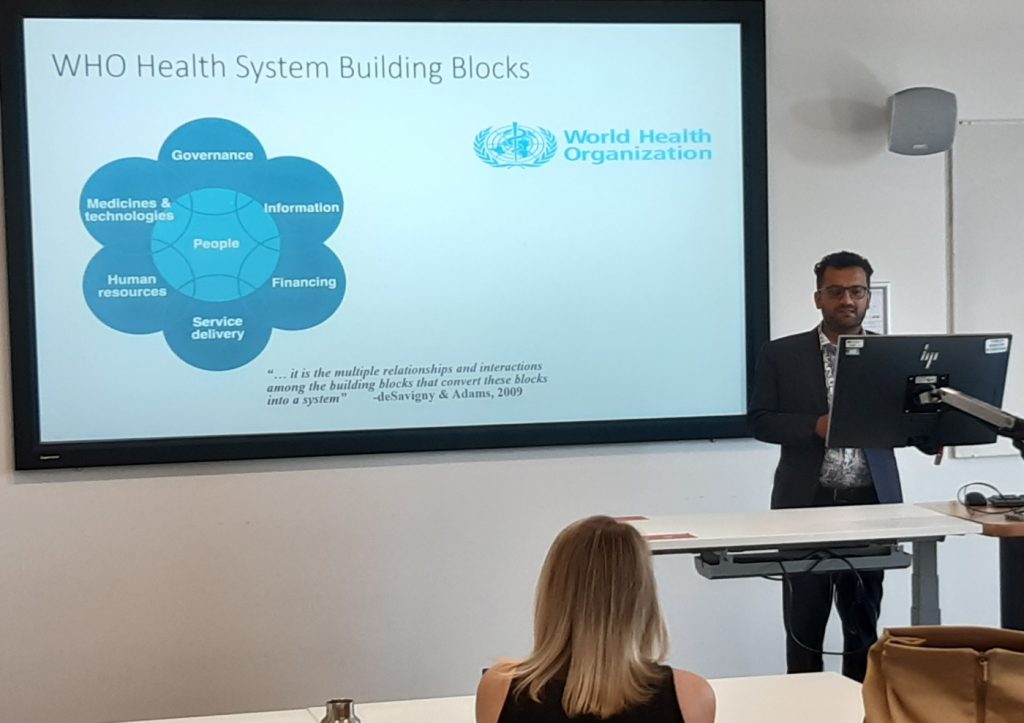
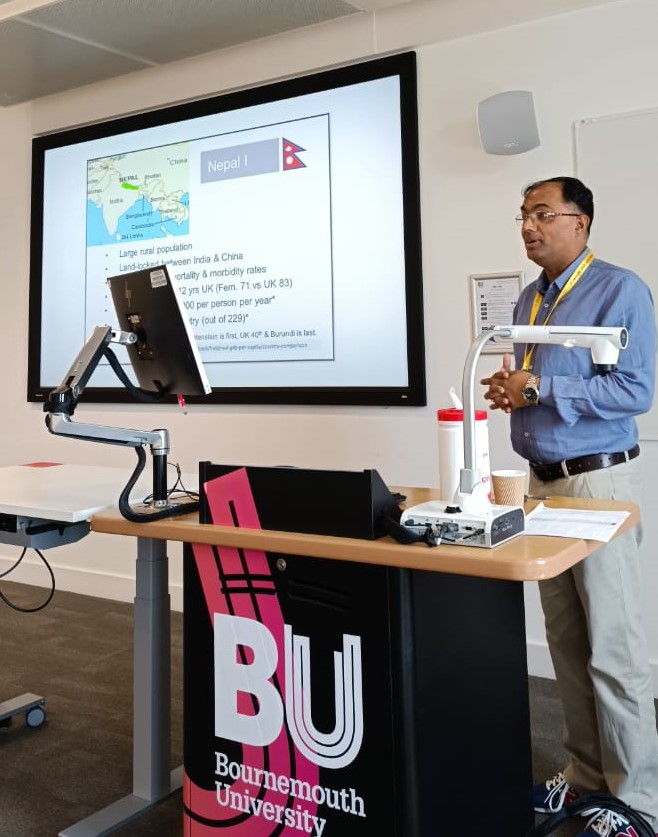
 The following training events are coming up in June.
The following training events are coming up in June.










 SPROUT: From Sustainable Research to Sustainable Research Lives
SPROUT: From Sustainable Research to Sustainable Research Lives BRIAN upgrade and new look
BRIAN upgrade and new look Seeing the fruits of your labour in Bangladesh
Seeing the fruits of your labour in Bangladesh Exploring Embodied Research: Body Map Storytelling Workshop & Research Seminar
Exploring Embodied Research: Body Map Storytelling Workshop & Research Seminar Marking a Milestone: The Swash Channel Wreck Book Launch
Marking a Milestone: The Swash Channel Wreck Book Launch ECR Funding Open Call: Research Culture & Community Grant – Application Deadline Friday 12 December
ECR Funding Open Call: Research Culture & Community Grant – Application Deadline Friday 12 December MSCA Postdoctoral Fellowships 2025 Call
MSCA Postdoctoral Fellowships 2025 Call ERC Advanced Grant 2025 Webinar
ERC Advanced Grant 2025 Webinar Update on UKRO services
Update on UKRO services European research project exploring use of ‘virtual twins’ to better manage metabolic associated fatty liver disease
European research project exploring use of ‘virtual twins’ to better manage metabolic associated fatty liver disease